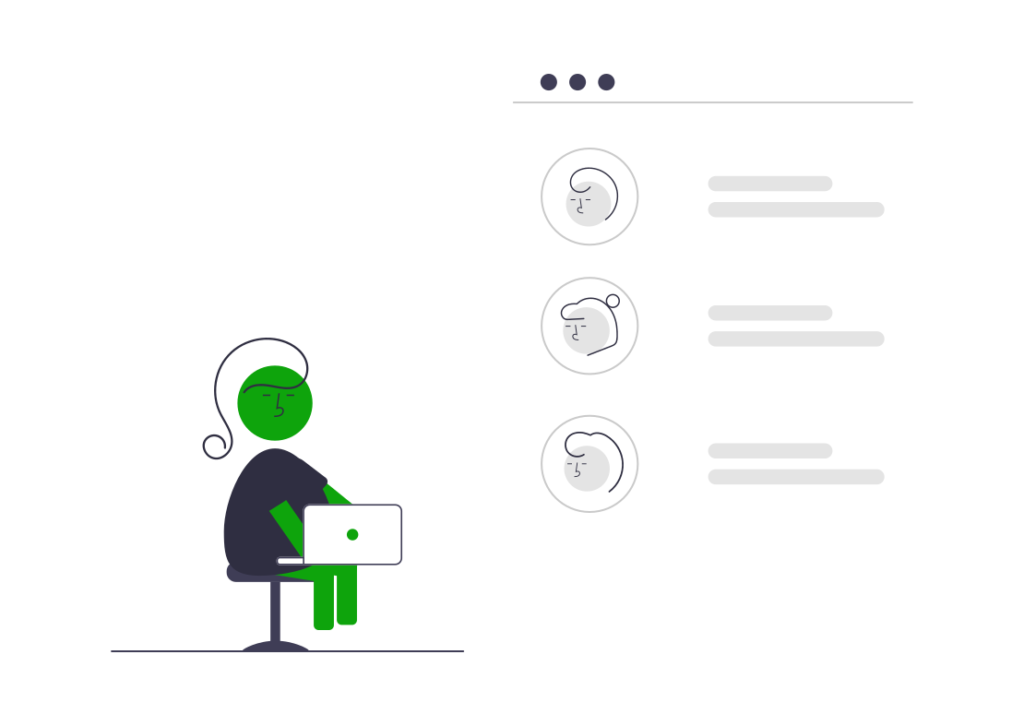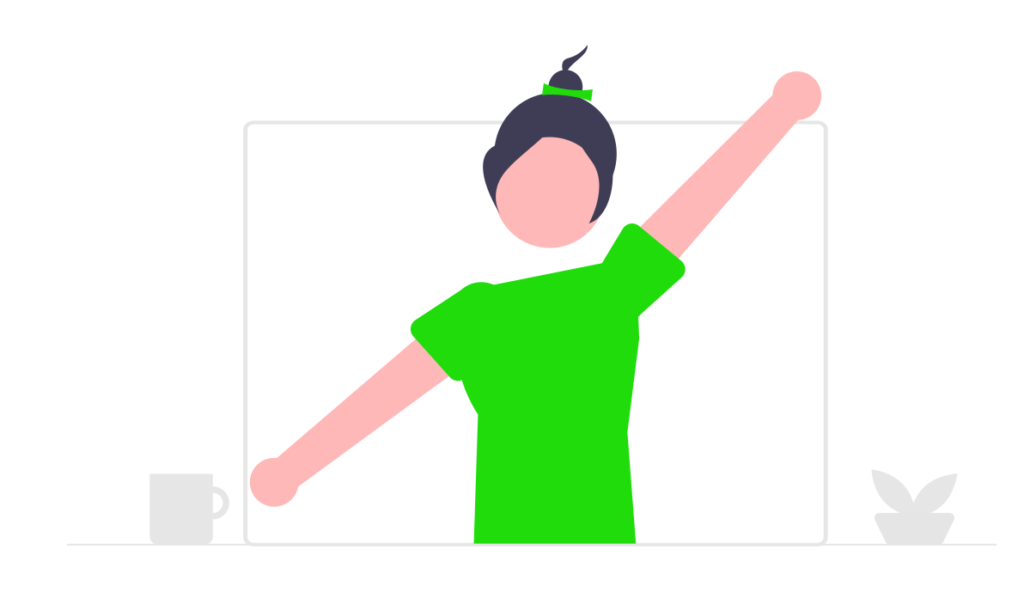Friendship is a magical chain that binds and bonds us as humans.
It’s one of the most important aspects of your mental and social life and influences quite a lot of your life. With the countless advantages of friendships, it isn’t something you should take for granted or lose.
YouGov reported that in 2019, Millennials were the loneliest generation, with 22% of participants believing that they have no friends. This statistic stands out as showing how important friendship can be for our mental health.
This article will show you the advantages and help that come with the power of friendship.

Physical
Having friends comes with being able to physically hang out with them and see them in person. This also comes with losing that physical loneliness in your head, as you have always got someone to rely on with your feelings. This then further helps you emotionally, and mentally.
Venting to your friends also has huge benefits for your mental health. Having someone that listens to your problems will lift your mood significantly and lets you lose this sort of darkness in your head.
This provides boosts such as:
- Reducing Depression
- Reducing Stress
- Motivation
- Reducing Sadness
- Improving Happiness
It’s not only you who gets to have these feelings; your friends will also feel these for themselves, so a great bond between us allows us to feel happy to be with other people. Having other people can allow you to become the best you can be, it can push you and drive you to succeed.
Read Now: Can you be Content and Happy as an Introvert
Emotional
Emotionally, knowing you have friends who rely on you, and like you, can divert away feelings of self-hatred and loneliness. If you remember you have always got people to watch your back and be there for you then you will ultimately be at the peak of happiness.
A friendship is bonded mostly by being emotionally attached, this will make you care more for your friends when things are going well, or bad and expand your support. This can help you assist them when they need help. It feels almost like having friends is the equivalent of having a mechanic fixing your brain.
Being alone isn’t healthy and can damage you internally in your mind. It is better to have people around that you can rely on. That could be a pet, family member or a stranger on the internet. This will push your mental health to healthier lengths.
Even if you don’t see your friends physically in person, you can still always talk to them over the phone, on the internet, or facetime and harness the same effects.
Mental
Mental health is very important, and if it gets too unhealthy it can cause serious problems for us that can damage us permanently.
As you can guess, having friends also has a big advantage to your mentality; although sometimes this can be a bad thing if you are more lenient to “copy” or be influenced by people a lot more. This can cause a really bad effect if your friends aren’t the most “well-behaved”.
A strong mental fortitude allows you to have a circle of friends that are all different and unique without you ending up becoming more like one or the other. A sense of self-uniqueness is important depending on the friends you have; it allows you to avoid adopting any bad habits that may cause a loop in your mental health.
This loop can push you down a dark abyss of mental loneliness that can be very difficult to get out of and can pull you away from your friends.
Read Now: 8 Quick and Small Changes to a Better Life
Gaining Friends
You gain friends from just general connection towards each other, maybe you have a lot in common or you just enjoy each other’s company. It can be very daunting to find friends after you have completed education as there aren’t generally a lot of opportunities out there to find them.
However, there are quite a few places, and scenarios to find them:
- Online
- At Work
- Pubs
- Nightclubs
- General Entertainment Venues
It can be very scary to approach people to become friends but usually, after spending a small amount of time together you end up realising if they are friend quality or not. All you need is a bit of confidence and courage to be able to approach.

Conclusion
In conclusion, the importance of friendship is very valuable to your physical, emotional, and mental fortitude. Having friends makes you a much better person. You no longer are alone in a prison of your mind; friends free you from this.
Hopefully, this article helps you see why your friends are more valuable than you think. They are always there for you and help you in so much more than you think.
If there is any further help you need regarding friendships and mental health, then feel free to contact us here at Ceed today.






